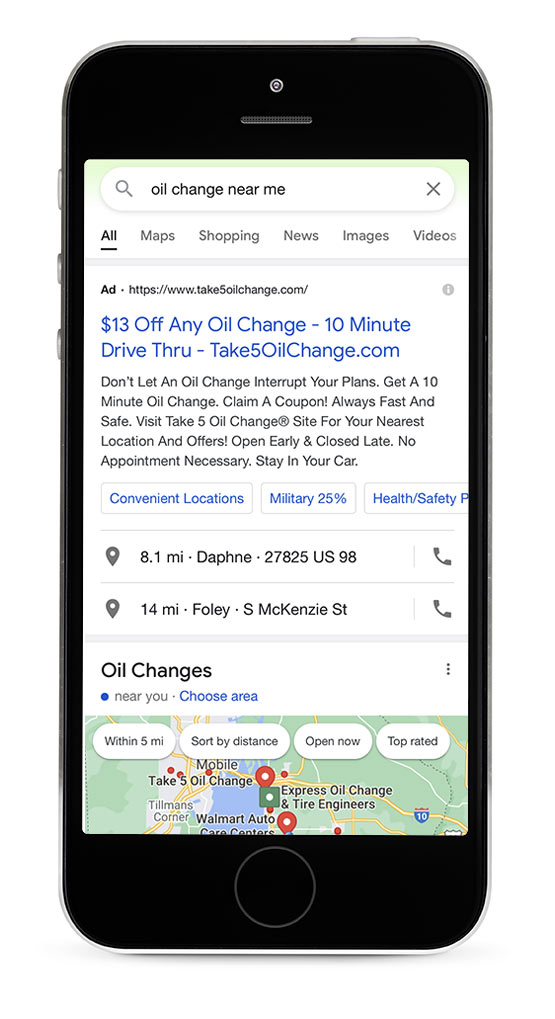Pay-Per-Click Advertising
What is Pay-Per-Click?
Pay Per Click (PPC) advertising is a digital advertising model in which advertisers pay a fee each time their ads are clicked. It is a method of driving traffic to websites, where advertisers bid for ad placement on search engine result pages (SERPs) or other relevant platforms. When a user enters a search query or visits a website that matches the advertiser’s chosen keywords or criteria, the ad is displayed.
In PPC advertising, the most common platform is search engine advertising, such as Google Ads (formerly known as Google AdWords). Advertisers create text or display ads and bid on specific keywords or phrases related to their products or services. When a user searches for those keywords, the search engine displays the ads in the sponsored section of the search results. If the user clicks on the ad, the advertiser pays the bid amount.
The cost per click (CPC) for an ad is determined through an auction-based system. Advertisers set a maximum bid they are willing to pay for each click, and the search engine uses an algorithm to determine the ad’s position and cost based on factors like bid amount, ad quality, and relevance to the user’s search query.
What is Search Engine Marketing?
Search engine marketing, or SEM, is one of the most effective digital marketing strategies to help grow your business. SEM is a form of internet marketing that promotes products, services, websites, and applications by increasing their visibility in search engine results pages (or SERPs), primarily through paid advertising.
At CTR, we have an extensive background in search engine marketing. We enjoy the rich complexity, multiple KPI model, and the vastness of its conversion-specific strategies. Combined with other state-of-the-art site measuring capabilities, we can hone in on all conversion points relative to your business.

SEM History Fun Facts
As the number of sites on the Web increased in the mid-to-late 1990s, search engines started appearing to help people find information quickly. Search engines developed business models to finance their services, such as pay-per-click programs offered by Open Text[8] in 1996 and then Goto.com[9] in 1998. Goto.com later changed its name[10] to Overture in 2001, was purchased by Yahoo! in 2003, and now offers paid search opportunities for advertisers through Yahoo! Search Marketing. Google also began to offer advertisements on search results pages in 2000 through the Google AdWords program. By 2007, pay-per-click programs proved to be primary moneymakers[11] for search engines. In a market dominated by Google, in 2009 Yahoo! and Microsoft announced the intention to forge an alliance. The Yahoo! & Microsoft Search Alliance eventually received approval from regulators in the US and Europe in February 2010.[12]
Search engine optimization consultants expanded their offerings to help businesses learn about and use the advertising opportunities offered by search engines, and new agencies focusing primarily upon marketing and advertising through search engines emerged. The term “search engine marketing” was popularized by Danny Sullivan in 2001[13] to cover the spectrum of activities involved in performing SEO, managing paid listings at the search engines, submitting sites to directories, and developing online marketing strategies for businesses, organizations, and individuals.
There are multiple layers to a successful Search Engine Marketing strategy. Having a defined strategy for each layer of the campaign is critical to running a successful converting SEM campaign.
Contact CTR Response today to set up a consultation.
By signing up via the contact page, you agree to receive messages to the number provided, including automated reminders, and general inquiries.
"*" indicates required fields
